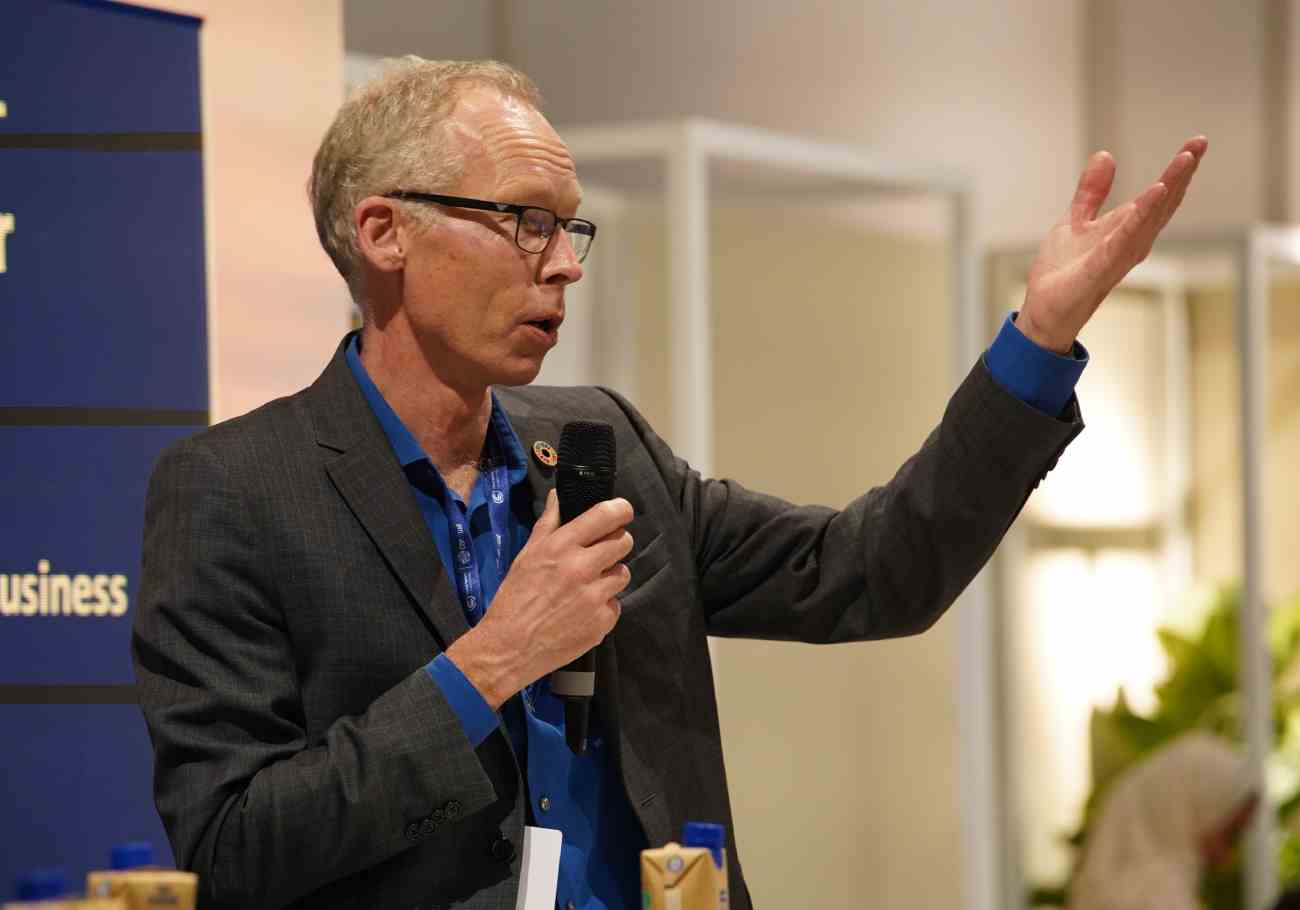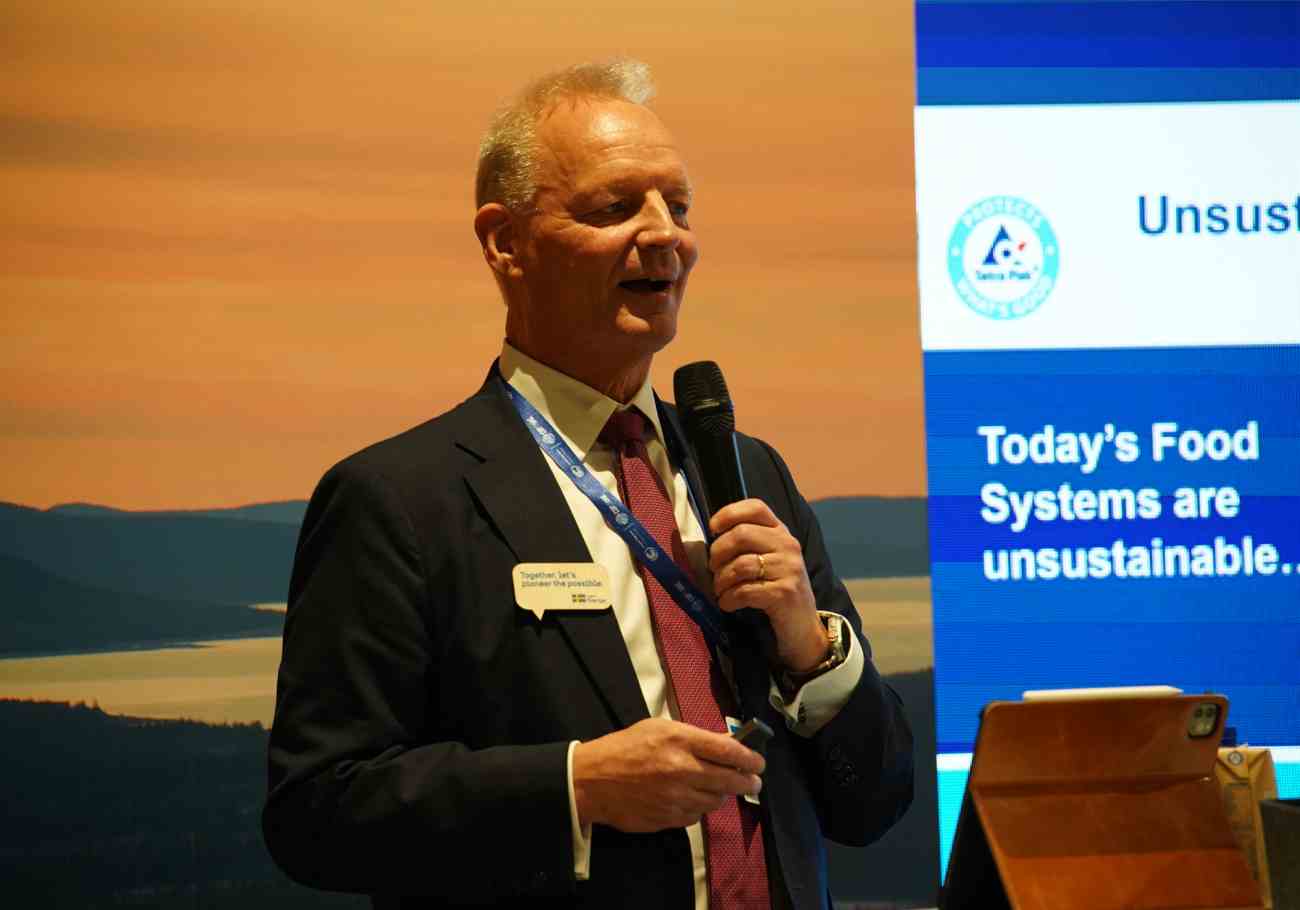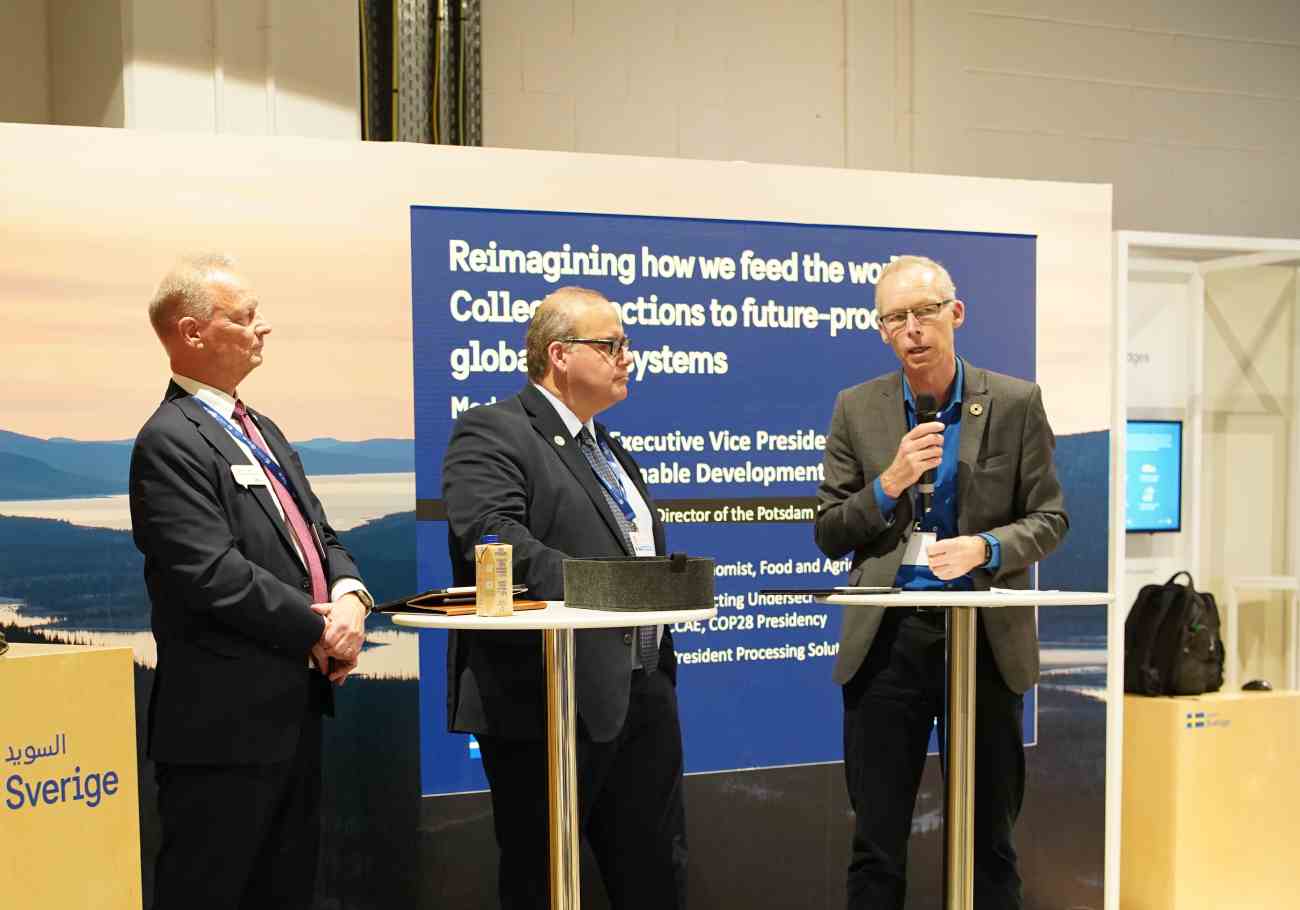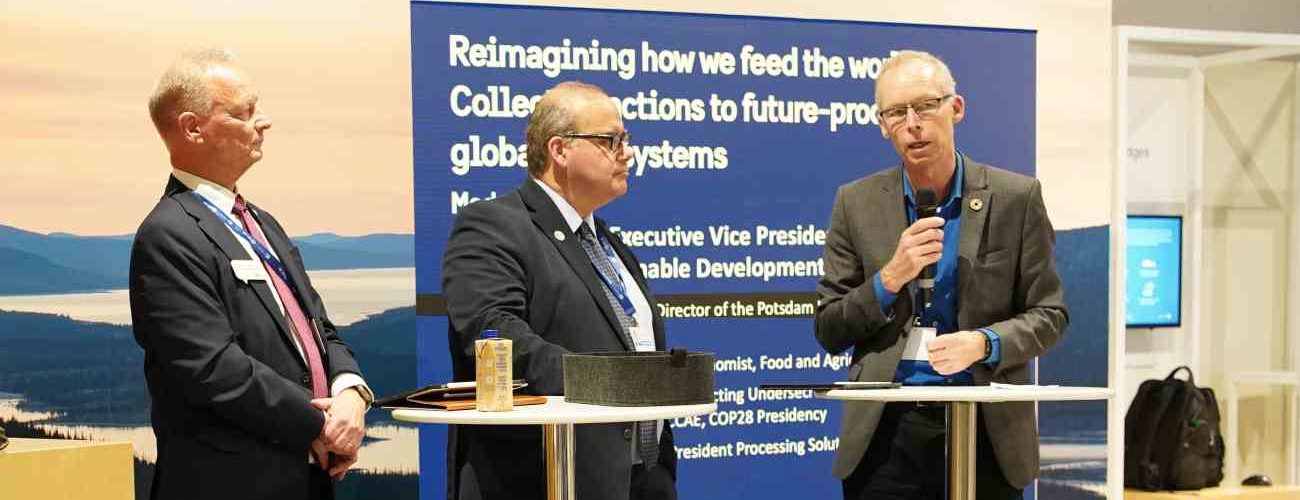
Tetra Pak, a global leader in food processing and packaging, is spearheading a comprehensive approach to drive the transition towards secure, sustainable, and resilient food systems.
Leveraging its prominent role in the industry, Tetra Pak aims to effect urgent change and address the inefficiencies and unsustainability plaguing current food systems.
The initiative builds on the company’s leadership in the Global Dairy Processing Task Force, a crucial component of the ‘Pathways to Dairy Net Zero’ climate initiative.
This broader approach seeks to explore innovative systems and technologies to significantly reduce greenhouse gas emissions in dairy processing.
Tetra Pak: Four key pathways for change

Tetra Pak identifies four key pathways to accelerate the transformation of food systems. These include enabling the transition towards more sustainable dairy, innovating for new food sources, reducing food loss and waste, and contributing to food and land transformation.
Each pathway comes with established roadmaps and measurable targets, aligning closely with critical transitions proposed by the Food and Land Use Coalition.
Charles Brand, Executive Vice President for Processing Solutions & Equipment at Tetra Pak, underscores the critical need for transforming food systems for a viable future.
He emphasises the inefficiencies and unsustainability of current systems, responsible for over one-third of greenhouse gas emissions and substantial food loss and waste.
Tetra Pak aims to address these challenges through a holistic approach, especially focusing on the environmental impact of dairy processing.
Sustainable initiatives and collaborative efforts

Tetra Pak is committed to enabling the transition towards more sustainable dairy by addressing the environmental impact of dairy processing.
Simultaneously, the company is dedicated to supporting smallholder farmers in enhancing productivity, profitability, and livelihoods.
Innovating for new food sources is a key aspect of Tetra Pak’s approach. The company explores alternative proteins to complement dairy and other animal protein sources, contributing to a diverse and sustainable food future.
Tetra Pak is actively developing food processing technologies to reduce food waste during production. This includes transforming low-value side streams into value-added products.
Aseptic packaging solutions, a cornerstone of Tetra Pak’s contributions, extend the shelf life of perishable foods, reducing the need for preservatives or refrigeration and combating food waste.
Tetra Pak’s integrated approach signifies a significant step towards creating secure, resilient, and sustainable food systems globally.
With clear roadmaps and measurable targets, the company aligns its transformative initiatives with critical transitions proposed by the Food and Land Use Coalition.
By addressing the environmental impact of dairy processing, supporting smallholder farmers, innovating for a diverse food future, and combating food loss and waste, Tetra Pak is actively contributing to a more sustainable and responsible food industry.











